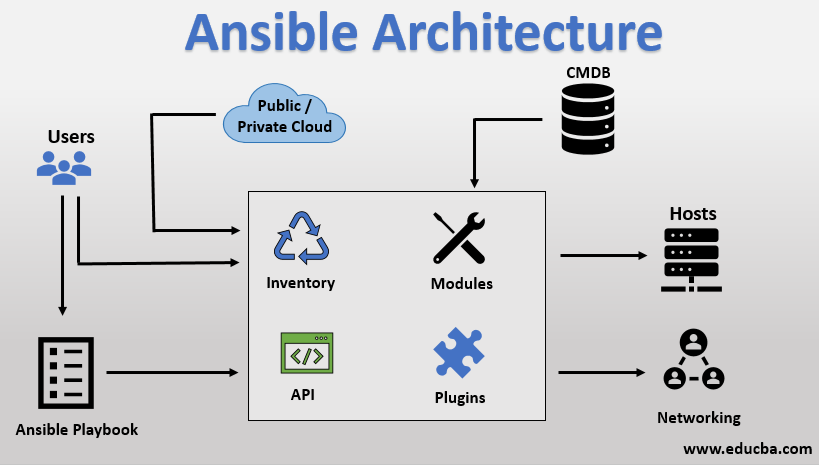1 min to read
What is Agile Project Management?
Why is so important to use agile project management

Agile Project Management
Agile project management is an iterative and flexible approach to managing projects, emphasizing:
-
Iterative Development: Projects are divided into small increments or iterations, with each iteration producing a potentially shippable product increment.
-
Customer Collaboration: Close interaction with customers or stakeholders is encouraged to ensure the project aligns with their needs and expectations.
-
Embracing Change: Agile welcomes changing requirements even late in the project, providing a way to adapt to evolving circumstances.
-
Self-Organizing Teams: Agile teams are typically self-organizing and cross-functional, allowing them to make decisions and adapt quickly.
-
Continuous Feedback: Regular feedback loops, such as daily stand-up meetings, retrospectives, and reviews, are integral to Agile to facilitate learning and improvement.
Common Agile frameworks and methodologies include Scrum, Kanban, and Extreme Programming (XP). These frameworks provide specific practices and roles to implement Agile principles effectively.
The goal of Agile project management is to deliver value to customers faster, improve product quality, and increase team collaboration while being responsive to changing requirements and market conditions.

Comments